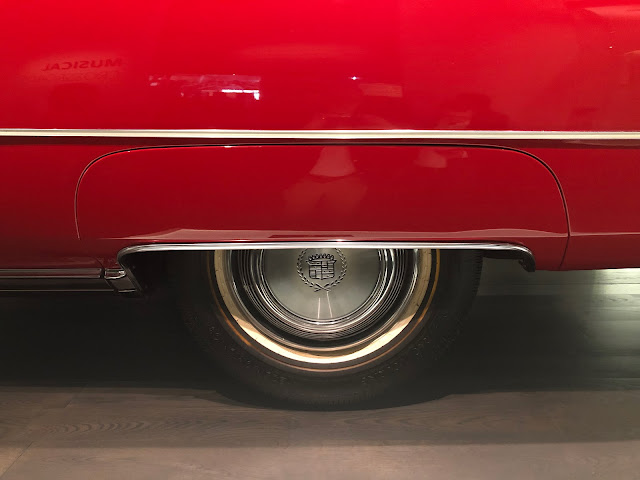A friend is hosting a party for Rolling Stone founder Jann Wenner on Monday night, and I plan to go and meet the great man. If we actually get the chance to speak, I'll have to suppress the urge to say, "I wrote a cover story for you once." Technically true though the story, if I recall, was part of a package that was on the cover. Close enough.
Anyway, I remember being vastly impressed with myself to be writing it — serious journalism for a national publication! My relationship with Rolling Stone began after they excerpted my pranks book, and I began writing stories for their college section. It was when magazines sent writers places, and I once had to fly to Boston to cover a story, returning that night, and it felt very on-the-edge to get on a plane without luggage.
I thought this piece was the beginning of being a Rolling Stone writer in earnest, though it actually was the end, the last piece I wrote for them — Wenner was unhappy with it somehow, though I can't recall the details. I sure hope he doesn't. Probably best not to mention it.
Mandatory minimum sentences are still imposed in about half of federal drug cases.
Tonya Denise Drake, a 28-year-old mother of four, mailed a package for a man she met in a parking lot, earning $47.40 and a 10-year jail sentence. Jason Cohn, 19, was sentenced to a decade in jail for shipping 12 grams of blotter paper containing LSD for a fellow Deadhead who, unknown to Cohn, had been busted by the feds. Michael Irish, a 44-year-old carpenter from Portland, Ore., spent three hours helping to unload hashish from a truck and was sentenced to 12 years in prison. Keith Edwards, 19, sold crack cocaine to a federal informant, who then set up four more buys to accumulate enough crack to qualify Edwards for the 10-year sentence he is now serving. A decade into our nation’s most recent infatuation with mandatory minimum sentences for drug possession, the horror stories continue to pile up. In 1993, 60 percent of the 87,000 people in federal prisons were serving time on drug convictions, up from 22 percent in 1980. Like Drake, Cohn, Irish and Edwards, half of these prisoners were first-time offenders. Had they chosen to rob a bank or rape someone or even murder someone, their sentences would probably be less than the mandatory no-parole sentences Congress has been writing into law since 1984.
Nor are mandatory minimum sentences limited to the federal government. Forty-nine states have their own mandatory laws, such as Michigan’s “650 Lifer” law, which requires life sentences for possession of more than 650 grams of cocaine. In that state, some 150 people are sitting in prison for life for cocaine possession, perhaps half of them first offenders like Gary Fannon Jr., now 25 and seven years into the life sentence he got for a drug transaction that he merely helped to arrange. (See RS 638 and RS 664.)
Compulsory drug sentencing is kept alive by fear-mongering. After creating the first set of harsh mandatory-drug-sentencing laws, the infamous Boggs Act, in the 1950s, then repealing them as unworkable in 1970, Congress plunged back into mandatory minimums with the Comprehensive Crime Control Act of 1984. Since then, stiffening or adding to the mandatory minimums has been an election-year ritual, with the Anti-Drug Abuse Acts of 1986 and 1988 and the 1990 crime bill. The 1992 crime bill died at the end of the congressional session only because of the gun-control controversy. New to her job, Attorney General Janet Reno appeared to have taken a position on mandatory minimums based on common sense and experience. Unwisely, she spoke up: “We are not going to solve the crime problem by sending everyone to prison for as long as we can get them there and throwing away the key.” Apparently chastened by the administration, she has backed off. Her office now insists: “Attorney General Reno never was against mandatory minimum sentences. She said we need to look at them and determine who they’re affecting. She is still saying the same exact thing.”
President Clinton declined an invitation to talk to Rolling Stone on mandatory minimums, and members of the Senate and House judiciary committees, fearful of being called soft on crime, tend to be reluctant to discuss the subject publicly. Of 10 key members polled for their opinion for this article, only Orrin Hatch, the ranking member of the Senate Judiciary Committee, responded. “He’s recognized the problem of inflexibility when dealing with drug cases,” a spokesman said. “He’s willing to try to give the judges some measure of flexibility. The problem is, people can’t agree on a definition.”










